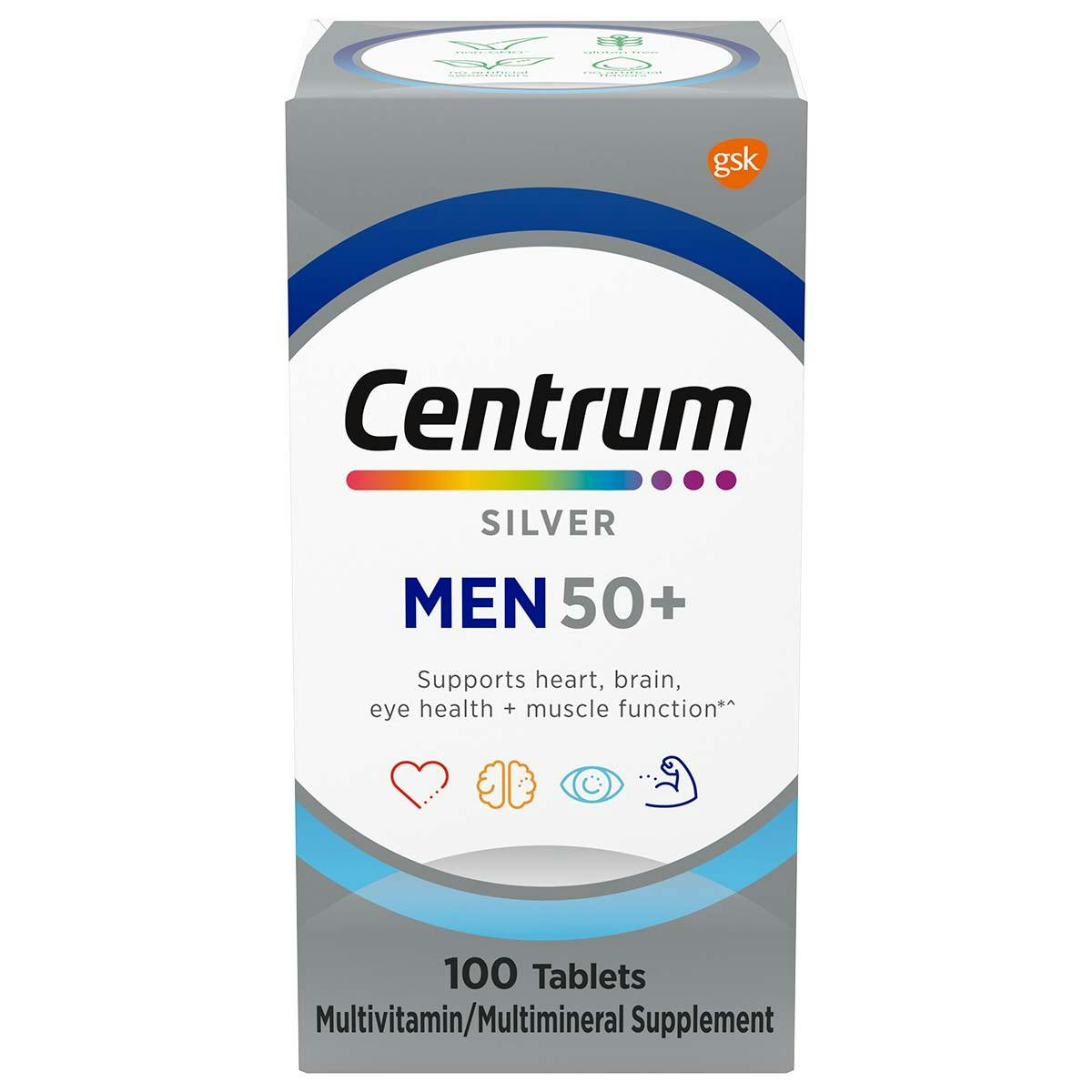Magnesium
A mineral that’s essential for making proteins and promotes normal nerve cell communication, muscle contraction, and a normal heart rhythm.

What is Magnesium?
A mineral that’s essential for making proteins and promotes normal nerve cell communication, muscle contraction, and a normal heart rhythm.
Magnesium is the fourth most abundant mineral in the body and assists with more than 300 bodily reactions that occur constantly. About 50% of magnesium is found in bones, and the other half is divided among cells that make up your tissues and organs.*
A mere 1% of the magnesium in your body circulates in the bloodstream, but that small fraction doesn’t accurately convey magnesium’s importance there, as the body makes maintaining blood magnesium levels a high priority.*

Why is Magnesium Important?
By assisting in the movement of calcium and potassium across cell membranes, magnesium plays a mighty role in promoting normal nerve cell communication, muscle contraction, and a normal heart rhythm. Magnesium also helps to maintain the strength of cell membranes and bones. Diets that provide recommended levels of magnesium are considered beneficial for bone health.*
Recommended Dietary Allowance
Sources of Magnesium

Almonds

Spinach

Cashews
Centrum Silver

Specially formulated for men 50+ to help support heart health, brain function, healthy eyes, and muscle function.
Centrum Silver

A daily multivitamin formulated for adults 50+ to help promote heart health, brain function, and eye health.
Magnesium Helps Support
Recommended Articles
Explore Additional Vitamins & Minerals
*This statement has not been evaluated by the Food and Drug Administration. This product is not intended to diagnose, treat, cure, or prevent any disease.











